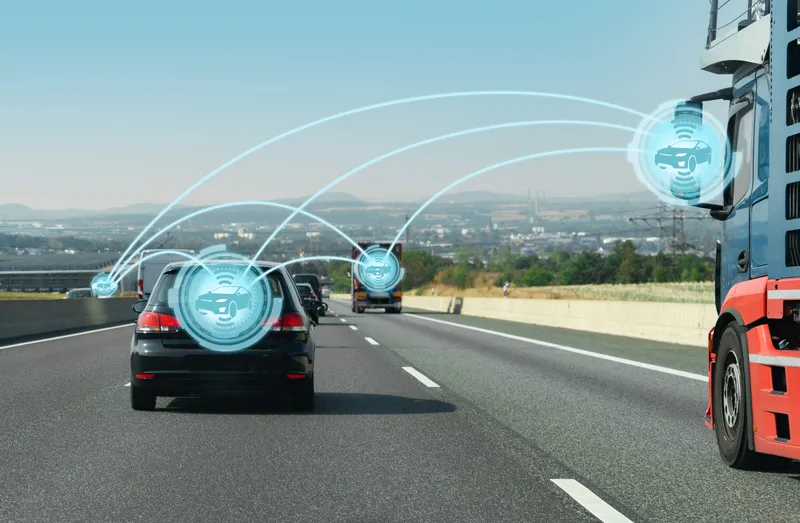Electric vehicle manufacture BYD has announced plans for electrifying Hong Kong’s public transport by replacing diesel buses and LPG taxis. Experts anticipate that this will reduce Hong Kong’s vehicle emissions nearly 5 per cent. The company has also unveiled plans to introduce the first fleet of 45 e6 electric taxis in the region later this year. BYD and its partners have already built and tested three charging stations in territory. The second batch of charging stations is expected to be set up before May
March 21, 2013
Read time: 2 mins

Electric vehicle manufacture 5445 BYD has announced plans for electrifying Hong Kong’s public transport by replacing diesel buses and LPG taxis. Experts anticipate that this will reduce Hong Kong’s vehicle emissions nearly 5 per cent. The company has also unveiled plans to introduce the first fleet of 45 e6 electric taxis in the region later this year.
BYD and its partners have already built and tested three charging stations in territory. The second batch of charging stations is expected to be set up before May with the expectation that each taxi will be complemented by a charging appliance.
BYD is also collaborating with local industry partners to pursue further developments in electrified public transport for Hong Kong, including BYD electric buses
Chuan-fu Wang, Chairman and President of BYD Company Limited, remarked, “Hong Kong has been dedicated to promoting green transport for quite some time – electrifying public transportation will not only significantly save costs, but it will also dramatically lower the city vehicle emissions and improve air quality, creating a tremendous social impact.”
BYD and its partners have already built and tested three charging stations in territory. The second batch of charging stations is expected to be set up before May with the expectation that each taxi will be complemented by a charging appliance.
BYD is also collaborating with local industry partners to pursue further developments in electrified public transport for Hong Kong, including BYD electric buses
Chuan-fu Wang, Chairman and President of BYD Company Limited, remarked, “Hong Kong has been dedicated to promoting green transport for quite some time – electrifying public transportation will not only significantly save costs, but it will also dramatically lower the city vehicle emissions and improve air quality, creating a tremendous social impact.”










